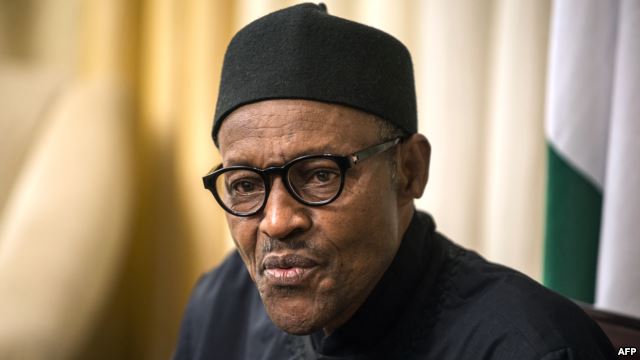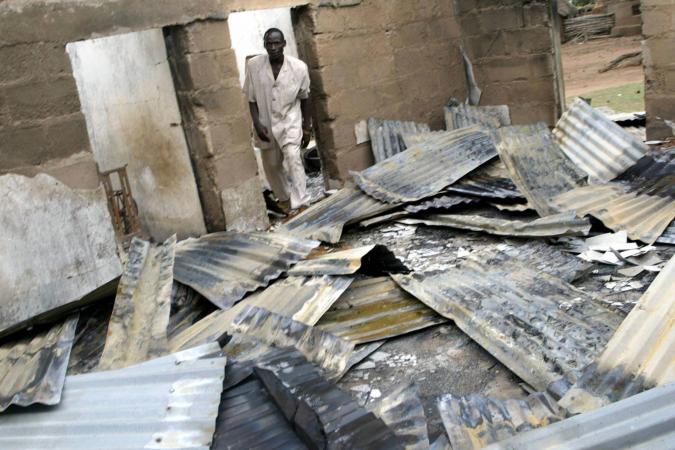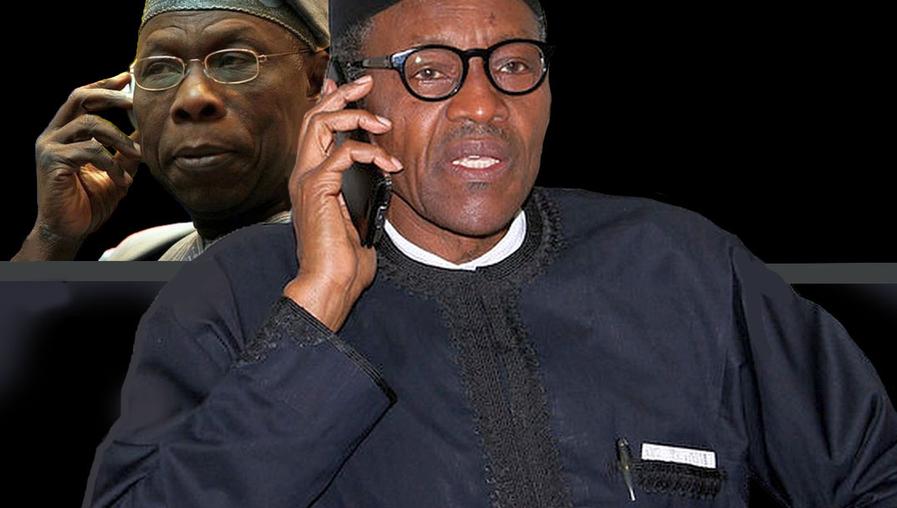
Robert Carmona-Borjas | Business Insider
Pledging to wipe out corruption starts an intriguing conversation in Washington D.C.
The frontrunner for the Republican nomination for President in the United States, Donald Trump, rails against a “crooked system.” Brazilians are calling for the resignation of their President, Dilma Rousseff, amid allegations of sweetheart deals with state-owned companies and Latin America’s major contribution to the recent global corruption discussion has been temping down the release last month of the Panama Papers, which revealed how many heads of state shelter their wealth.
Looking at headlines today, it seems the zeal to unveil and defeat the abuse of public trust has never been greater.
But when it comes to tackling corruption, it is important to recognize the difference between talk and action. Nigeria provides an excellent illustration.
Last year, President Goodluck Jonathan conceded electoral defeat to General Muhammadu Buhari in a refreshingly peaceful and lawful transfer of power to a nation that has experienced more than its fair share of coup d’états in the last forty years (ironically, Buhari both initially came to and left power as the results of coups in the mid-1980s).
By wielding brooms in mass rallies throughout the country in 2015, Buhari won a mandate to tackle corruption. But what has happened since?
With more than a year in office, Buhari has yet to jail a single former official. This is a radical departure from his tenure as military head of Nigeria in the ’80s when he jailed thousands, often without trial, and publicly horsewhipped government workers he believed were not doing their jobs. And so in 2016, we see a more subdued Buhari, and one who hopefully lays greater faith in the rule of law. But to date, there are very few tangible outputs for all of the promises to “sweep government clean”.
Instead, Nigeria’s Economic and Financial Crimes Commission (EFCC) has directed its attention solely on former officials from the Jonathan administration in what appears to be more of a political witch-hunt than a systemic effort to root out and eliminate corruption in Nigeria.
Regardless of what is decided in the cases of those who are targeted, can this explain why millions still struggle beneath the poverty line in what should be Africa’s richest nation?
Systemic corruption has long plagued Nigeria, like so many oil rich countries, such as my own Venezuela. When Buhari’s predecessor came into office in 2010, he too carried great hopes of change. International media praised his efforts to crack down on bribe taking, and he instituted new transparency requirements for state officials and institutions. But questions linger about whether Buhari, by the force of his own personality, can himself overcome ingrained practices that have hobbled Nigeria’s greatness for too long.
Settling political scores is not the same as restoring the people’s trust.
Many of the figures surrounding Buhari have themselves been suspected of high-level corruption, and were the ‘shoe on the other foot’, another political party in power could do precisely the same thing Buhari is doing now – to the same de minimus effect.
Making progress in the fight against corruption thusly requires several things:
First, there must be an independent judiciary that fairly applies the law. At any given time in the United States, Britain or a dozen other countries with long-standing rule of law traditions, we may find former public officials sitting in prison and serving the terms to which they were convicted, based on facts; in a system where the accused had all the benefits of a qualified defense.
Second, the corruption seekers must themselves be independent. Currently, the chair of the EFCC is dependent on the President for his job and can be removed at any moment. This allows politics to pervert the process. Romania’s state anti-corruption agency, for example, provides a better depiction of what the kind of truly independent body ought to look like.
Fighting corruption must be a fully national enterprise, with buy-in from all sectors, not a partisan crusade.
And finally, there needs to be a mechanism for recovering those public funds that were stolen through corrupt practices and returning them to a public purpose. The people must have confidence that winning the war on corruption will improve their quality of life.
As Nigeria teeters on the brink of a financial downturn, the Heritage Foundation still grades its economy “Mostly Unfree.” On this global ranking, Nigeria is only one place ahead of Moldova where, in recent months, citizens have surrounded the government, demanding it return their stolen funds to legitimate public purposes.
Buhari may still have time to deliver, at least partially, on his electoral promises. But doing so will require a perhaps impossible about-face in strategy.
A famous African proverb tells us that it takes a village to educate a child. True enough. And in the same spirit, it takes a nation – not one man, nor one political party – to overcome corruption.
Nigeria deserves a government that understands this.
Mr. Carmona-Borjas is a Venezuelan attorney and Founder and CEO of the Arcadia Foundation in Washington D.C., which is committed to better governance in developing nations.


